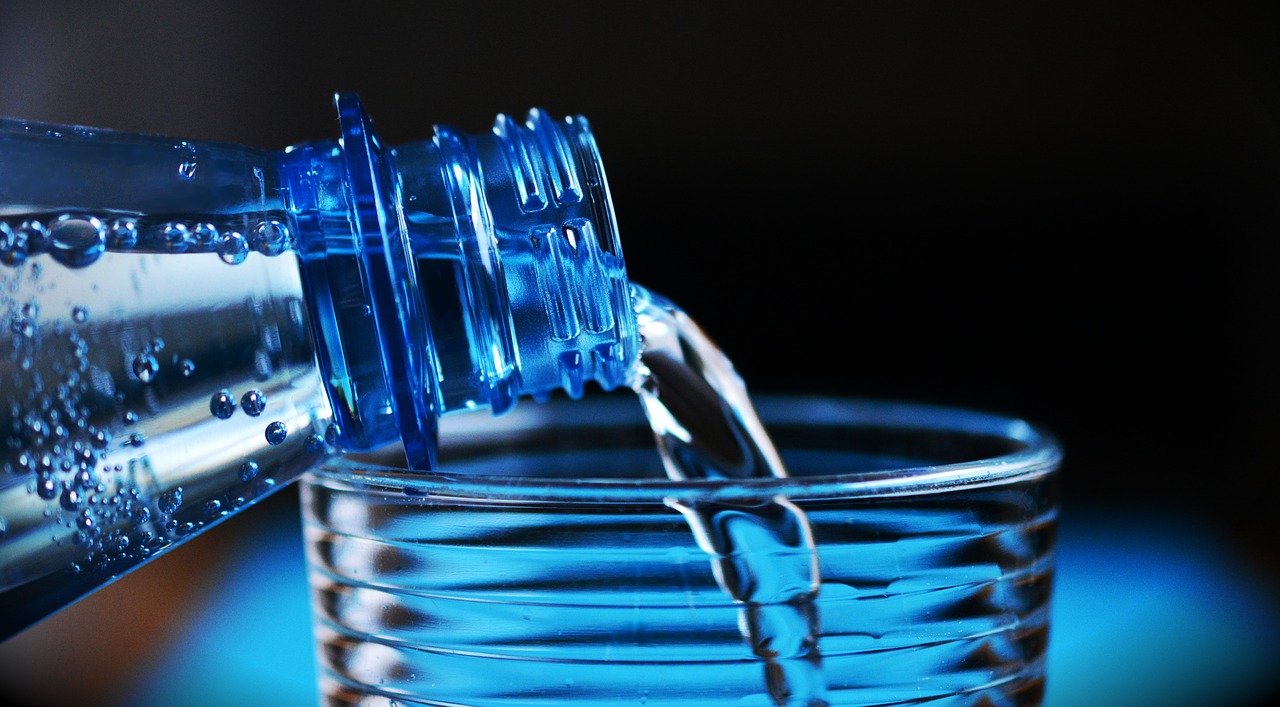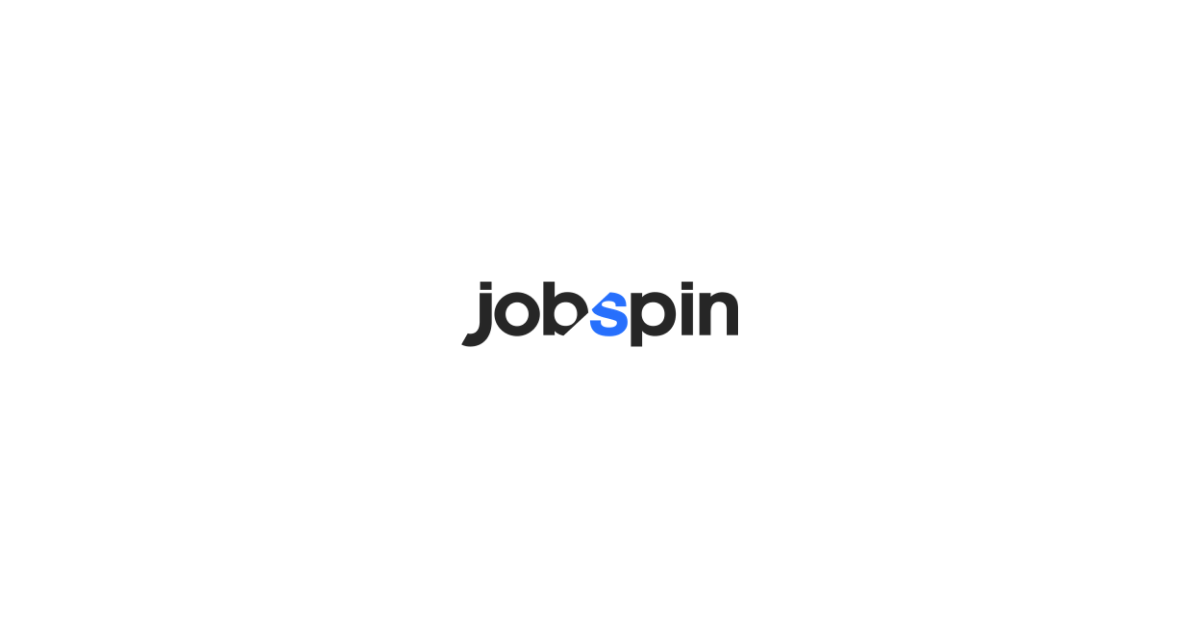
Employers Must Provide Water at Workplace in Heat Waves
People spend the majority of their day at work and it is of the utmost importance to ensure their well-being. When heatwaves hit this summer, make sure that you avoid vigorous physical activity, drink enough water, and spend your time in cool environment. Photo credit: Pixabay.
Prepared by Raymond Johnston.
Prague / Czech Rep., Jul 10 (JS) – Employers are required to provide workers with water in heat waves, according to the Czech Labor Code and the government’s health regulations. Employers who don’t comply face possible fines. Large fines can apply to workers who ignore the Labor Code’s recommendations.
In offices, people should receive protective drinks when the temperature exceeds 34 degrees. According to the difficulty of work, the drink should contain a number of minerals. Minerals should be enough to supplement the loss of at least 70 percent of the fluids lost in sweat and breath in an eight-hour shift.
Employers can also shorten or stagger work hours. Harder work can be move to later hours, and more breaks can be provided.
For most employees, the availability of tap water meets the requirements of the rules. For people working outdoors the workers should have “protective drinks” with minerals at temperatures above 26 degrees Celsius.
The Health Ministry says the protective drink should have around 16 degrees Celsius and should not contain sugar or be sparkling. The recommended minimum amount of protective drink is 1.5 liters per shift, and with extreme outdoor conditions up to 2.5 liters per shift.
The law applies to welders, lathe operators, glass makers, bricklayers, mass transit drivers and servers in summer gardens. The temperature in the workplace is measured in the shade between 10 am and 5 pm, with a thermometer at the level of the worker’s abdomen.
The National Health Institute (SZÚ) determined that tram drivers can lose up to seven liters of fluid during their shift, and cabin temperatures can reach 50 degrees Celsius. In contrast, people in administrative work lose about one liter of fluids during eight hours of work.
If a company refuses to provide drinks, workers can contact the hygiene or labor inspectorate. Sanctions for non-compliance can reach up to Kč 2 million.
The lack of water can cause various problems including headaches, and circulatory and psychological problems. Performance can also drop.
There are also guidelines for air conditioning. The difference between indoor and outdoor temperatures should not exceed five or six degrees Celsius during cooling. It is certainly not advisable to maintain indoor temperatures at around 22 degrees Celsius in outdoor conditions around 30 degrees Celsius. A higher temperature difference can result in colds. Worker should also not sit in drafts, the Health Ministry states.
While there are laws for employers to provide water to workers, so far the law does not cover restaurant patrons.
The Czech Republic has often faced criticism that beer is cheaper than water in many restaurants, and a recent effort to make sure that pubs and eateries offer a non-alcoholic beverage cheaper or at the same price as beer failed to pass through Parliament.
A private initiative to get restaurants to provide free water to patrons has made some headway, but there is still no legal obligation for restaurants to do so.

